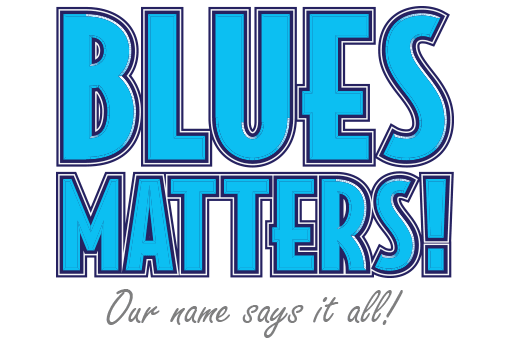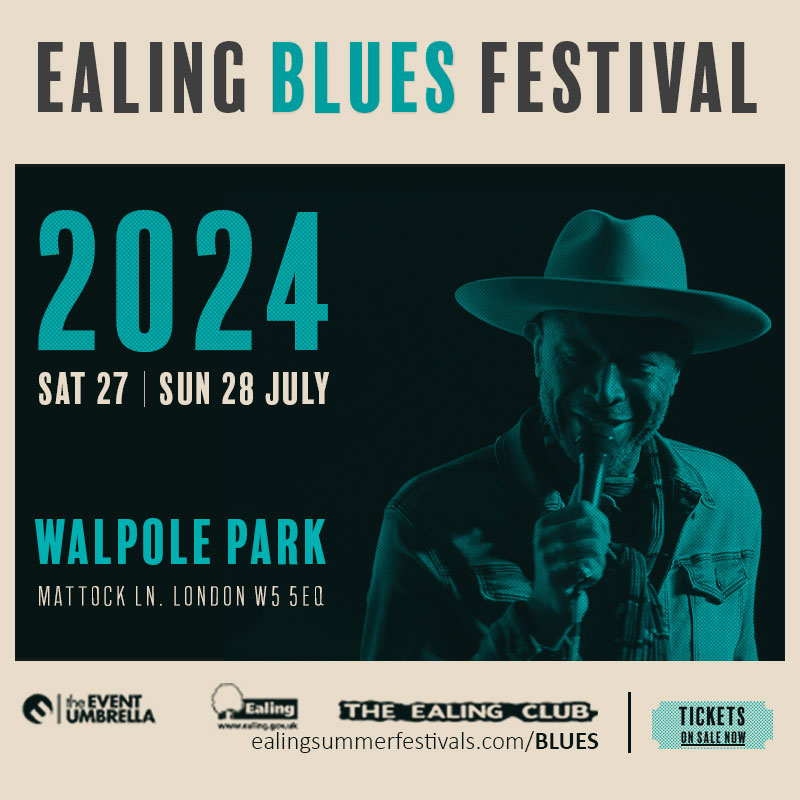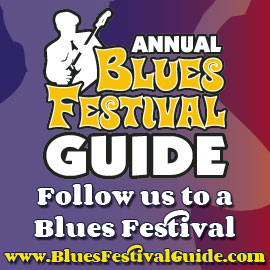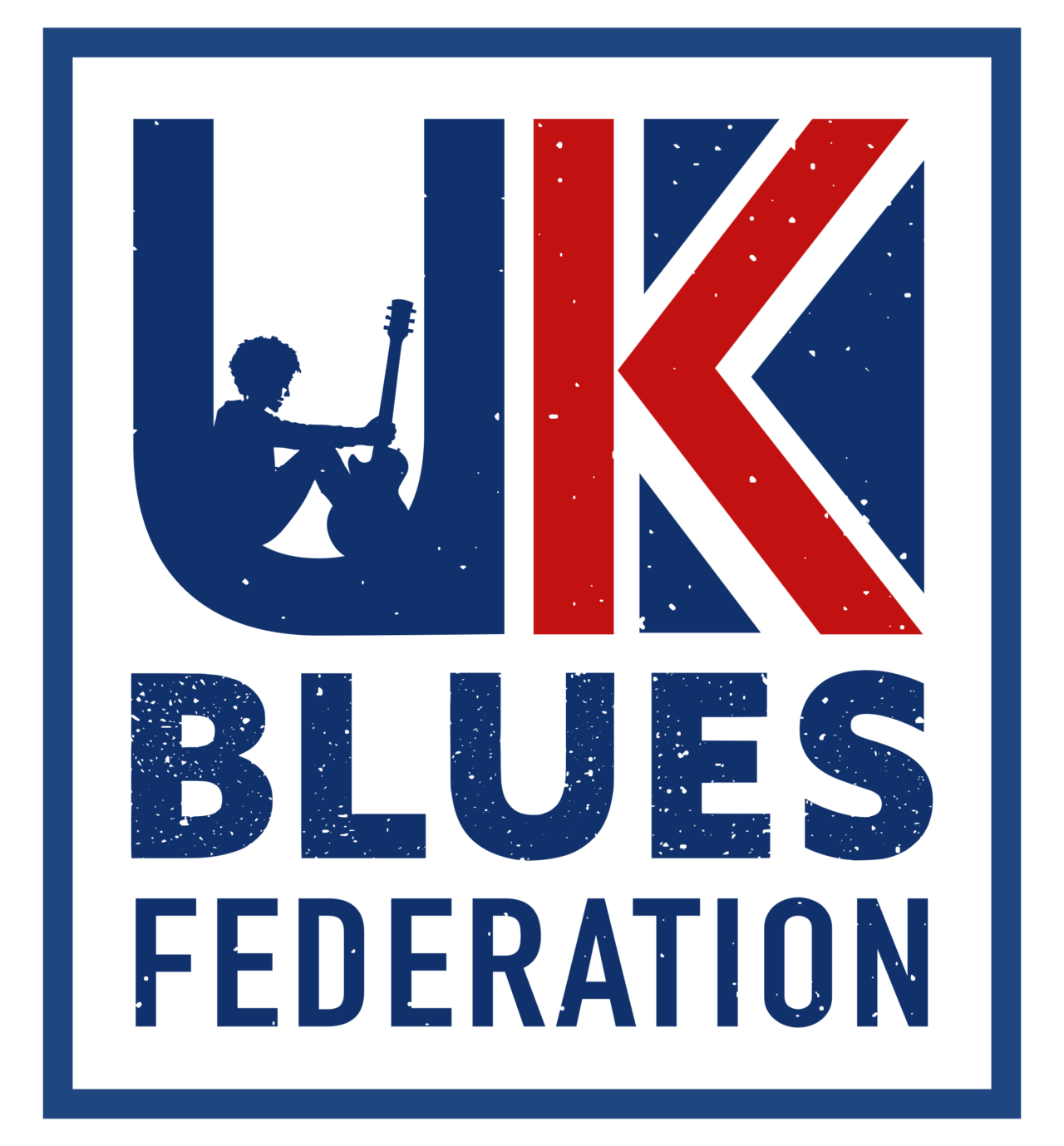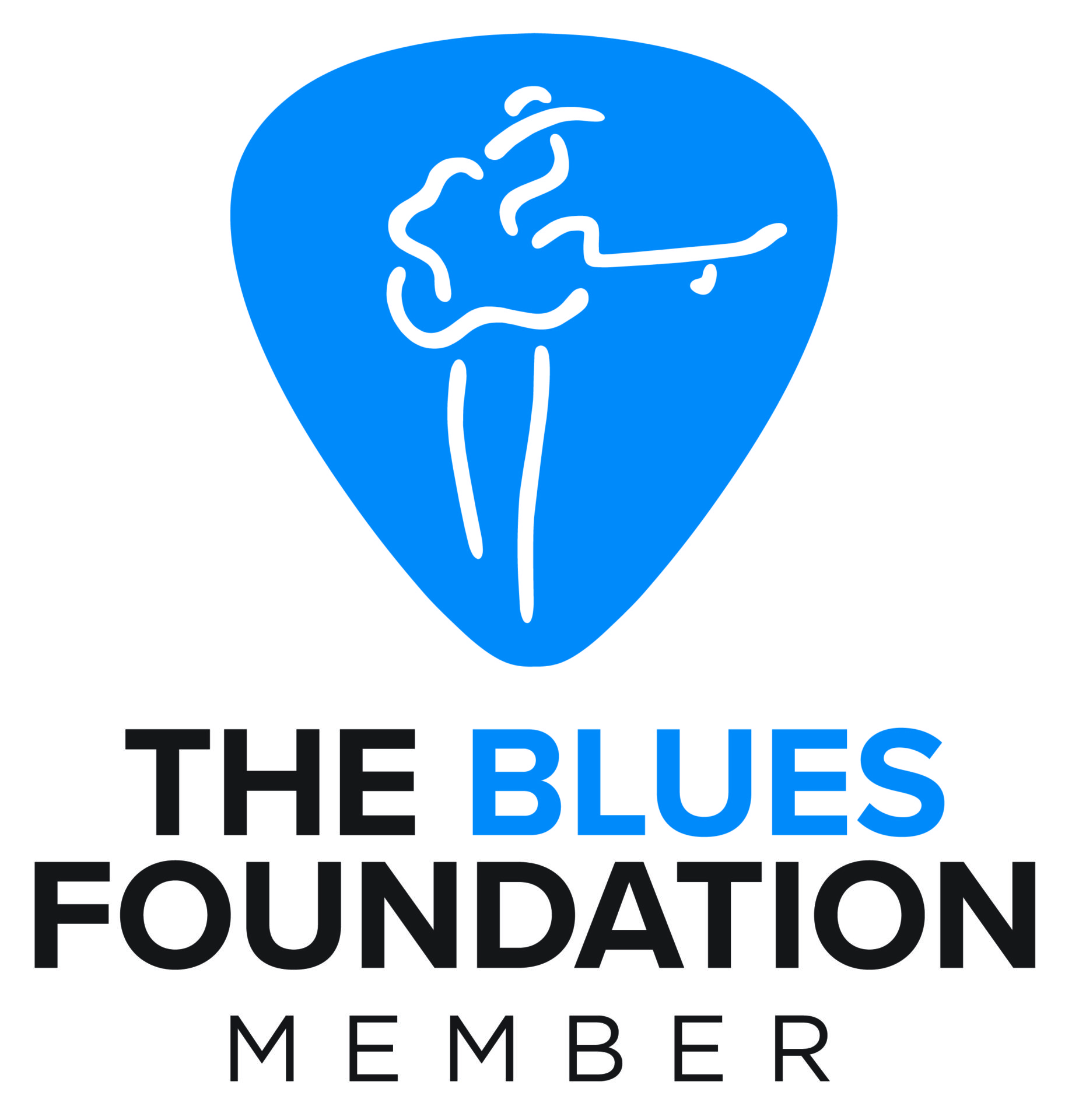WILKO JOHNSON interviewed by Siane Daley 2009 STILL FEELING GOOD
Wilko Johnson is famous for two things; firstly his contributions to one of Britain’s most respected band’s R&B bands of the early 70s the celebrated Doctor Feelgood, they did more than anyone to establish pub-rock/R& B and to put life back into a jade rock scene just before the emergence of punk. The liaison was brief but produced several classic songs and albums and established the Feelgoods as one of Britain’s most loved bands. There was a punk element in the band’s style that came also influenced Johnson’s stay with Ian Dury and The Blockheads. His stay with them was brief and produced one album ‘Laughter’. All the while Johnson’s own ‘Wilko Johnson Band’ had been rolling along in the background; despite several line-up changes the band continued and is still rolling. Wilko and the band retain a solid following, and Wilko still exudes a unique fascination with his brand of punk influenced R&B. Secondly Wilko is renowned for his innovative guitar style – a highly charged sharp and percussive style that combines rhythm and lead. It is a deceptively simple yet very full-sounding style that adds a turbo-charge to any music that he is involved. That style combined with his unique, almost surreal, style of stage movement (Chaplinesque strobe meets Rock n’ Roll) has left Wilko as one of the most consistently entrancing figures in modern Blues and R&B.
BM: Can you tell us about your earliest exposure to music? Wilko: My teenage years were the ‘60s and like a lot of teenage boys I wanted to play the guitar. I saw The Beatles at the Southend Odeon – or rather I heard them, as there was a lot of screaming going on – and also The Rolling Stones who played what we then called R&B music. I learnt to play guitar by listening to these two bands, and, under their influence, I started listening to American R&B and Blues stuff and decided I wanted to do that. I got my first guitar when I was fourteen or fifteen. However, when I went to university, to study English Literature, I stopped for four years.
How important is song-writing to you and you give us some insight into your writing process?
I’ve written quite a few songs, and there are some of them that I’m really glad I wrote – I think that they’re worth something [Wilko wouldn’t disclose which songs in particular, I guess he is leaving that for his audience to decide – SD]. Some of my songs are ok – a lot of them are just like everything; they’re like three-chords and they’re about love (laughs). So yeah, song-writing is important to me but on the other hand, I only tend to write songs if we’re going to make a record, so unless something like that comes up, I’m not writing – it’s not that important to me. It’s not like some kind of impulse in me to write songs. The song-writing process for me generally starts with a guitar riff, so I’ll sit there twanging on a guitar, or I’ll hear one in my mind… So I’ll listen to this guitar riff and think that it’s saying something; it may be something stupid or something sinister, or something happy or whatever; then I try to hit on some words that are saying the same kind of thing and that’s it. Often, it can be difficult to write the lyrics, the guitar riffs come easier to me.
httpv://www.youtube.com/watch?v=2OQ9h16pTAs&feature=player_embedded
What elements do you take from the Blues and incorporate into your own music? How relevant do you think Blues are to the current music scene and what do they mean to you personally?
I’ve seen some of the great Bluesmen such as Muddy Waters and Chicago-Blues like Howlin’ Wolf, and I remember when I first heard Blues music I thought “Christ Almighty, this has so much power”… Compared to the pop music of the time which all sounded so ‘blah’, and I thought “Well, I love this stuff!” But I never tried to play the Blues in the exact same way. There are a lot of musicians who play the Blues badly. To me, it is American music, and its Black-American music, and I love it! When you see Muddy Waters playing ‘live’, you think “Bloody Hell – I can’t do that!”…what he has is special! I like to think that the music I write and play is in that kind of spirit, although from and English point of view. The musical elements I use are that my songs usually have three-chords. The twelve-bar-Blues is the basis of the Blues and rock ’n’ roll, and a lot of my songs fall into that pattern and are simple. My songs are restricted by this formulaic style and I won’t deviate from that; for example, I won’t play any jazz (wry laughter). What more can I say? How relevant is Blues music to the current music scene? Up until the ‘60s or whatever in America, the black guys would be learning the Blues, but now its rap-music that is ‘the thing’, so they’re very closely interlinked; it’s just a modern way of putting across that thing. If you look at any popular music, you find elements of the Blues in it. Obviously, if you look at any rock and roll person, basically what they’re playing is based on the Blues, but I can’t name-check any bands of today as I don’t really follow the current music scene.
httpv://www.youtube.com/watch?v=rViBFgjChH0&feature=player_embedded
What Blues artists do you rate?
As I say, I’ve seen Muddy Waters four times over the years, so there’s him, John Lee Hooker and the Howlin’ Wolf. These people are the ultimate musicians; they have some power in them. They’re great, and I listen to ‘em!
How does the music scene in the UK and US compare? Which do you prefer and why?
As I said, I know nothing about today’s pop music. I’ve toured America in the ‘70s, and I’ve got to say that I wasn’t overly impressed. I thought it was a bit of a drag actually, so I’ve got to say that I like it in the UK better! I don’t agree that there is a bigger Blues scene in America compared to Britain – it’s similar. The young people aren’t listening to the Blues or whatever – I think that there will always be people who are enthusiastic for it. If you were in America now and you wanted to listen to some ‘live’ Blues, you would find it just as hard as you would in London…it would probably be going on somewhere, but the Blues scene is the same in both countries.
httpv://www.youtube.com/watch?v=o0sSQtFj42E
You are most recognisable for forming the band Doctor Feelgood in the ‘70s. What impact do you think the band had on the emerging punk-movement at the time, particularly on bands such as The Sex Pistols and The Jam?
I do know, because I go to know a lot of these people and musicians back then, and they told me that we had a very big effect! Most of these bands had seen us playing, and what they took from it was very straight-forward and simple, high-energy music. Kids saw us playing in London and thought ‘Oh, you can just get up there and do it. You just need a guitar and an amplifier’. I think that side of it influenced a lot of them. I don’t like to go dropping names, but there were people in the punk-thing that thought I was pretty good! (Cryptic laugh)
Musically, what has been your career highlight?
I can’t really say one thing. You’re on the road, and gigs blur into one another and you can’t remember them, until every now and then, there’s one gig you really like ‘cause it was really good – sometimes there are little incidents that make you laugh. When you’re playing there a kind of ‘thing’ that most musicians will probably recognise. It’s when you just start ‘flying on it’ and you couldn’t get anything wrong – it’s a fantastic buzz – you’re playing and you’re right ‘on it’. The gigs I remember are ones when that has happened particularly strongly.
Musically, what has been your biggest setback?
The wrong move was busting-up with Dr. Feelgood. It didn’t do any of us any good, and it wasn’t me – they sacked me (self-deprecating laughter ensues). Yeah, that was it, and I spent a year or two making really wrong-moves and dealing with the wrong people and by the time I picked myself up and looked around, the bus had moved on (more laughter). I then started playing the London-pub circuit which was the ‘happening’ thing really, and started checking out other people. There were lots of really good bands playing, and the one band I really dug were Kilburn and the High Road, they were fantastic. I always looked on them as being in our league, and then we were successful off that scene – they weren’t. Then comes the time when that band breaks up, and Ian’s got Ian Dury and The Blockheads together. I remember one night I saw them on television on a ‘live’ show, and I remember the next day saying to my friends, “Did you see Ian Dury and The Blockheads on television? Did you see that f**cking bass-player?”. A couple of years later, Ian’s asking me if I would do something with the Blockheads; I jumped at the chance, just to play with him. In fact, as you say, I wouldn’t have joined Ian Dury and The Blockheads if I hadn’t left Dr. Feelgood. As it happens, I had some of the best times that I can remember playing in that band. It was a great band, and at that time they were ‘big’ – it meant that I was back again playing the big venues which was fun. I used to keep my own band, The Wilko Johnson Band, out there as well, and I would play with them if and when I had time off from The Blockheads. It was great, because I’d be playing somewhere like this [The Spitz, London] one night, then doing a stadium gig the next night. With the Blockheads, because there were so many of us, there were always things going on, like arguments, and other ‘things’ (raises eyebrows mischievously). It was just fun all the time for me. Also what I liked was that I was in the rhythm section – all the other things I’d done in the past I was ‘up front’, so I could just go out there in front of the hugest audiences, but I ain’t worried about it, Ian’s the man (laughs), so I could just enjoy playing.
What are you currently working on? Any album or single releases, or collaborations with other artists/or bands?
We are going to make something new soon. We’ve been in the studio recently and got some stuff done – I want to do a bit more. You see we’re on the road all the time and we just keep playing and you have to fit that kind of thing in-between. I want to see if I can still write – a couple of years ago my wife died – I’m still really upset about that. When she got sick we cancelled all our work and I didn’t know if we’d even start again….
What is the ultimate goal for The Wilko Johnson Band?
I think we’ve all been there and done it. For me, I’m sixty next birthday and it’s great for me to still be doing this, and to still be on your feet is good enough! (laughs). I think we’ve achieved all our musical ambitions!
What do you still want to achieve as an Artist?
To keep on going!

